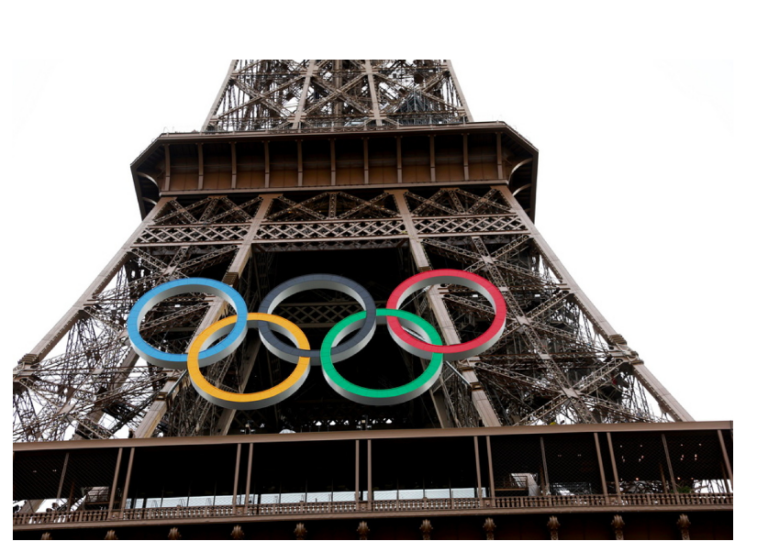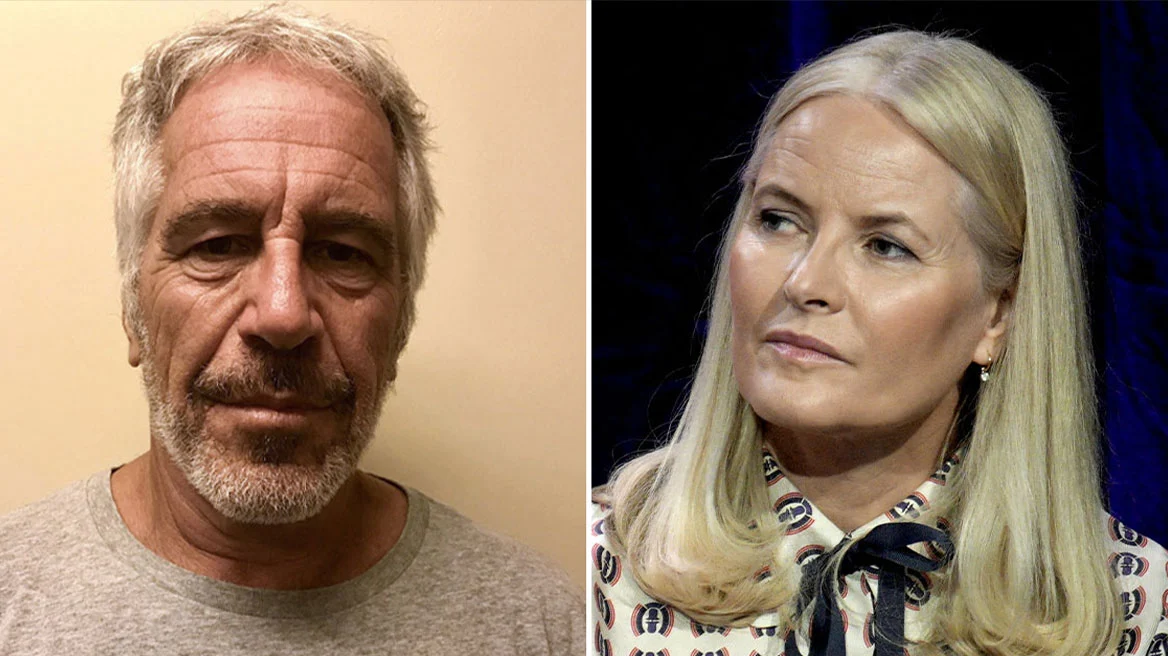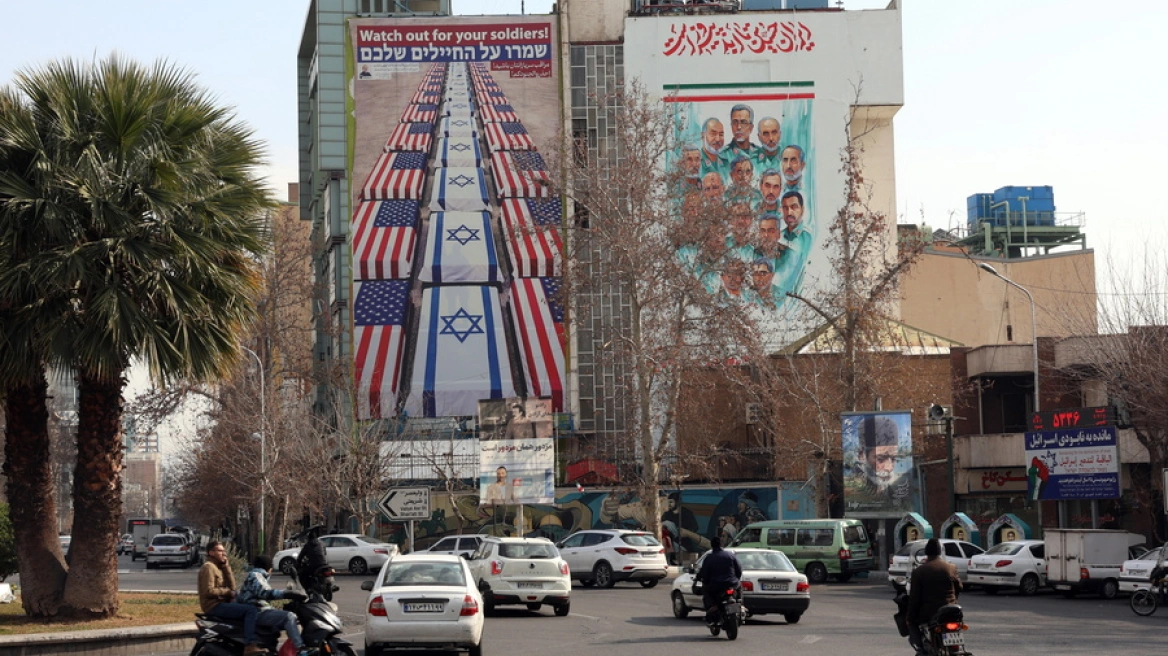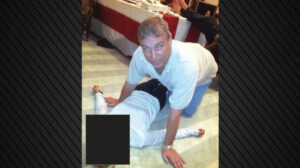The nightmare of COVID-19 might not have vanished from our lives, but four years after the pandemic’s onset that changed almost everything, things are significantly better (and different).
From the dull and cold (due to strict measures to prevent new outbreaks) Tokyo, the Olympic Games, the greatest celebration of global sports, return to Paris (after 100 years) aiming to bring its “light” to the event, presenting several innovations.
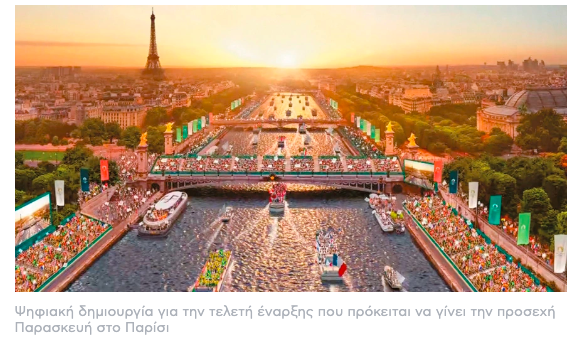
The Opening Ceremony
The opening ceremony, which officially marks the start of the Games, will take place tonight (Friday, July 26) at 20:24. However, the competition program began on Wednesday, July 24, with the start of group stages in football, handball, rugby, and archery events.
For the first time in the history of the Olympic Games, the ceremony will not be held inside the central stadium but on the Seine River that flows through Paris.
Digital artwork for the opening ceremony, set to take place this Friday in Paris.
The 10,500 athletes from 206 countries participating will parade on boats along a specially designed 6-kilometer route from Pont d’Iena to Pont d’Austerlitz.
A total of 162 boats will be used, with the largest delegations having their own, while some countries with fewer athletes will share one.
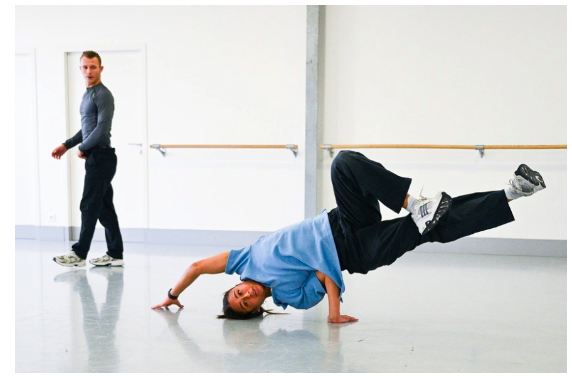
Gender Equality
At the Olympic Games, we will see 32 sports with 48 events and a total of 329 gold medalists will be crowned. For the first time, there is a 50-50 gender participation with 5,250 male and 5,250 female athletes!
Dance Breaking
Among the 32 sports, the one making its debut in the French capital is… breaking, which we learned in the 1980s as breakdance. There are events for women (B-Girls) and men (B-Boys), with one-on-one battles in both cases.
Contrary to Tokyo, baseball/softball (the female version) and karate have been excluded. For those wondering how karate is out while breaking is in, the official answer is the IOC’s need to appeal to the youth (and unofficially, the preferences of American TV networks that provide substantial funding to the International Olympic Committee).
Competitions at Historic Landmarks
Paris is hosting the Olympics for the third time (1900, 1924) and will use many of its historical landmarks, with beach volleyball taking place in front of the Eiffel Tower, equestrian events in Versailles, and taekwondo in the Grand Palais.
France only needed to build two facilities (the Olympic Aquatics Center and the climbing venue), saving significant money.
From Paris to… Tahiti!
While most events will be held in Paris, sailing will take place in Marseille, football group matches in Bordeaux, Nantes, Lyon, Saint-Étienne, Nice, Marseille, and Greece’s basketball group will play in Lille.
However, there is one event that has set a unique record even before the Games start. Surfing, in its second Olympic appearance, will be held at Teahupo’o Beach in Tahiti (known for its huge waves), located 15,700 kilometers from Paris!
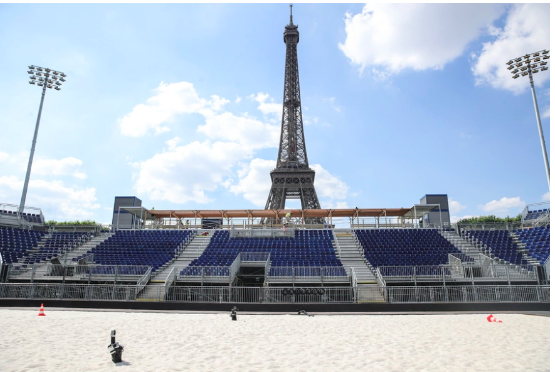
The Mascot
The French broke from the tradition of animal mascots and chose the Phrygian cap, closely associated with French democracy and freedom. The Phryges (the Olympic Phryge and the Paralympic Phryge, the latter visibly disabled) were introduced two years ago. The idea proved extremely clever, with their motto being “Alone we can go faster, but together we can go further.”
The Situation for Russia and Belarus
Out of the 206 participating countries, Russia and Belarus are absent, having been sanctioned due to the invasion of Ukraine. However, athletes from these countries will participate as neutral (Individual Neutral Athletes), though they will not attend the opening ceremony.
Security Issues
Security is the biggest headache for the French government and the organizing committee. Specifically for the opening ceremony, 50,000 police officers, 18,000 soldiers, drones, and other modern means have been mobilized. Additionally, reinforcements from other countries have arrived in Paris (besides the individual security teams each delegation has). Only residents and workers with special passes will have access to the city center, while all involved in the Games (referees, journalists, volunteers) have been informed to keep their phones active at all times (to verify their location).
Ask me anything
Explore related questions
